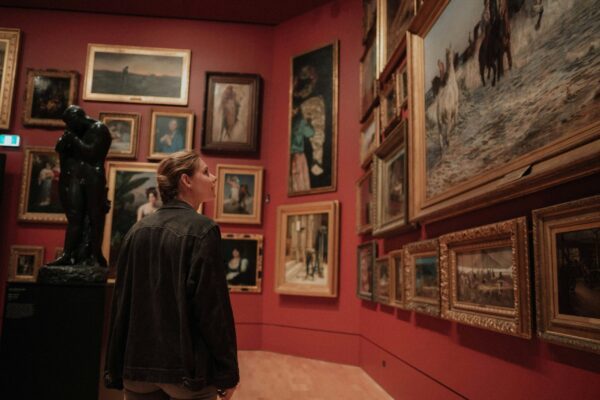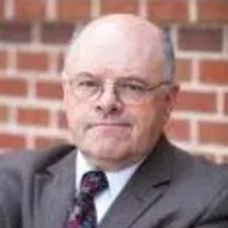
Price
Free
Classtimes
Course Type
Description
In this course, students will explore the artistry of real spaces and objects through the lens of geometric principles developed during the Renaissance. They will learn about the mathematical concepts that revolutionized art during this era while simultaneously learning about perspective. From mastering the techniques of one and two-point perspective to honing observational skills, students will discover how math and art converge seamlessly on the canvas.
State Standards
F.V.Cr.01
Generate and conceptualize artistic ideas and work.
Create artistic ideas that reflect characteristics of different artistic movements from different cultures (e.g., study art by different individual 20th-century Australian aboriginal artists and choose one as an inspiration for a composition.
F.V.Cr.02
Organize and develop artistic ideas and work.
Develop multiple plans for producing a piece of artwork prior to selecting one.
F.V.Cr.03
Refine and complete Refine concepts and content by focusing on a particular principle of design such as emphasis, balance, contrast, or pattern.
Supports Available to Students
Tier 1 (Supports provided to ALL students)
- Daily after-school office hours
- Detailed rubrics with project goals and objectives
- Planning organizers for time and materials
Tier 2 (Supports provided to targeted SMALLER groups of students)
- Progress monitoring
- Self-evaluation with re-working
- Weekly check-ins based on student goal-setting
Tier 3 (Intensive supports provided to SMALL groups or INDIVIDUAL students)
- Evidence-based end of class check-ins based on goal setting
- In class one-on-one problem solving and skills development with the teacher
- Peer tutor
Skills-learned
- Use of the ruler
- Use of the elements of line
- Observation and revision

About Stephen Belyea
Stephen is a fine arts educator with over 30 years of experience in the classroom. He is currently the lead teacher for the art department at Cathedral High School in Boston. He believes that everyone can be creative and that art is an essential part of life. Art helps make us fully human, tells our story, and gives us all joy. As part of the curriculum he has developed at Cathedral, he brings students into the untold stories of artists from different backgrounds and cultures, showing their shared human connection. He has developed a project-based learning curriculum in the arts that helps students form a real-world application of the arts. Along with his teaching, Stephen is a member of Cathedral’s professional development team dealing with issues of anti-racism and equity.